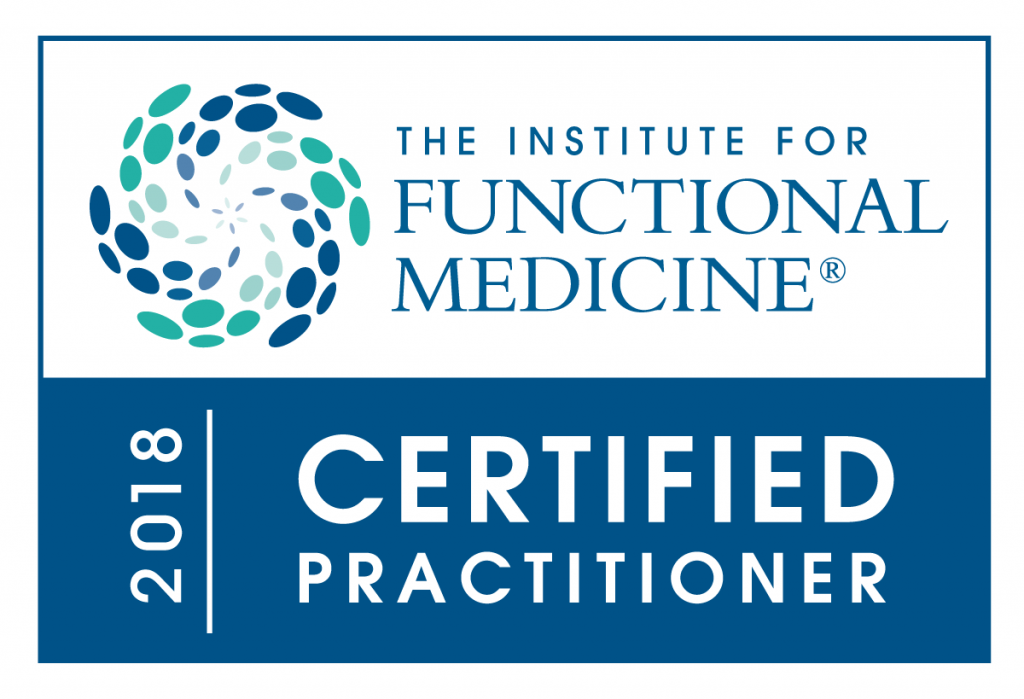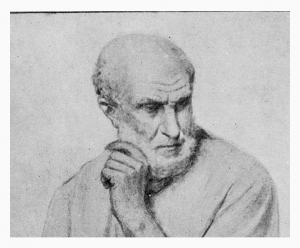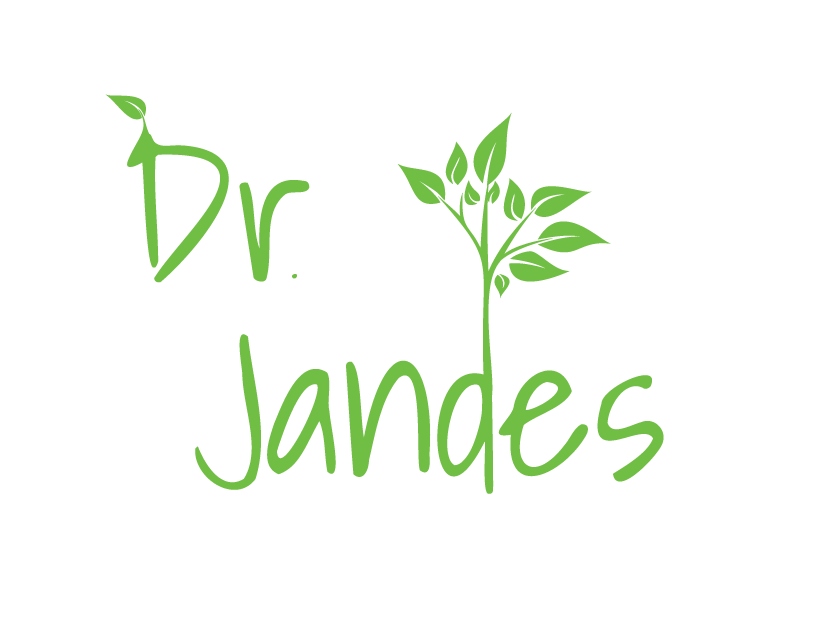
In my first post, I’d like to give a brief history of medicine first and argue why I think utilizing functional medicine principles to, not only treat chronic illnesses (including pain & addiction), but most diseases in general is the best approach.
Where Did the Practice of Medicine Come From?

Hippocrates lived circa 350BC and is considered to be the “father of medicine” due, in part, to his detailed process of collecting a patient’s history, which included many of the same things that we collect to this day. Complexion, pulse, fever, pains, movement, & excretions were all part of his assessment((Garrison, Fielding H. (1921), History of Medicine, Philadelphia: W.B Saunders Company)) He even extended his clinical observations into the patient’s family history & environment((Margotta, Roberto (1968), The Story of Medicine, New York: Golden Press)). He used lifestyle modifications such as diet and exercise to treat diseases and has been quoted as stating “let food be thy medicine and medicine be thy food.” There is some debate on whether that statement can be attributed to him((Cardenas, Diana. (2013). Let not thy food be confused with thy medicine: The Hippocratic misquotation. e-SPEN the European e-Journal of Clinical Nutrition and Metabolism. XXX. . 10.1016/j.clnme.2013.10.002)), but the importance he put on diet as first-line therapy prior to adding medicine was clear in his practice methods. Centuries later Avicenna, known as the father of early modern medicine, followed in the footsteps of Hippocrates. He was a known as the foremost physician of his time and was quoted as saying that “the knowledge of anything since all things have causes, is not acquired or complete unless it is known by its causes. Therefore, in medicine, we ought to know the causes of sickness and health.”
This Leads us to Today.
We have had notable advances in medicine in treating infectious disease and trauma, using drugs and surgery; however, the system of medicine practiced by most physicians is oriented toward acute care (the diagnosis and treatment of trauma or illness that is of short duration and in need of urgent care) such as appendicitis or a broken leg. Unfortunately, the acute-care approach to medicine lacks the proper methodology and tools for preventing and treating complex, chronic diseases, like pain and addiction.
To be clear, I’m not bashing conventional medicine. In my opinion, the United States has the best medical system in the world. If I have an acute illness, you better believe I’m going to see a medical doctor trained in the conventional model to treat it. Conventional medicine is just ill-suited to treat the slowly-progressing, chronic illnesses we are seeing today.
Enter Functional Medicine
This is where functional medicine comes into play. Functional Medicine is an evolution in the practice of medicine that better addresses the healthcare needs of the 21st century. By shifting the traditional disease-centered focus of medical practice to a more patient-centered approach, functional medicine addresses the whole person, not just an isolated set of symptoms. Functional medicine practitioners spend time with their patients, listening to their histories and looking at the interactions among genetic, environmental, and lifestyle factors that can influence long-term health and complex, chronic disease. In this way, functional medicine supports the unique expression of health and vitality for each individual.
What Exactly is Functional Medicine?
Functional medicine involves understanding the origins, prevention, and treatment of complex, chronic disease. Hallmarks of a Functional Medicine approach include:
- Patient-centered care. The focus of functional medicine is on patient-centered care, promoting health as a positive vitality, beyond just the absence of disease.
- An integrative, science-based healthcare approach. Functional Medicine practitioners look “upstream” to consider the complex web of interactions in the patient’s history, physiology, and lifestyle that can lead to illness. The unique genetic makeup of each patient is considered, along with both internal (mind, body and spirit) and external (physical and social environment) factors that affect total functioning.
- Integrating best medical practices. Functional Medicine integrates traditional Western medical practices with what are sometimes considered “alternative” or “integrative” medicine, creating a focus on prevention through nutrition, diet, and exercise; use of the latest laboratory testing and other diagnostic techniques; and prescribed combinations of drugs and/or botanical medicines, supplements, therapeutic diets, detoxification programs, or stress-management techniques((2014 The Institute for Functional Medicine)).
These are the fundamental practices that I incorporate into patient care at Wellness Recovery. If you would like to find out more information about Wellness Recovery or are interested in becoming a patient, please go here.
Thanks for reading!
Dr. J
